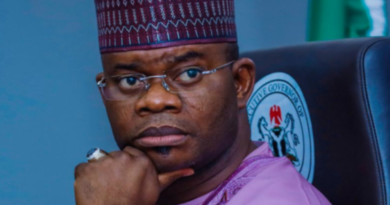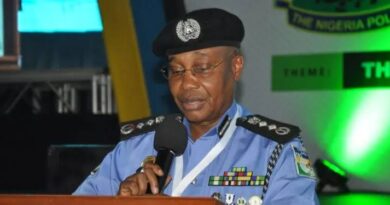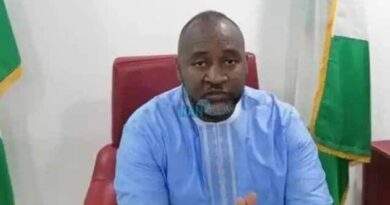FG works on pulling 20 million Nigerians from Poverty.
The Vice-President, Yemi Osinbajo, has said the President Muhammadu Buhari’s’ led administration will pull at least 20 million Nigerians out of severe poverty in the next two years.
On Tuesday in Abuja, he stated this while virtually kick-starting a new cash transfer scheme to be facilitated via a wholly technology-based approach called the Rapid Response Register (RRR).
The current scheme will enable easy identification of poor urban and helpless population, using geographic satellite technology and other related means to donate cash to households affected by the fallouts of the COVID-19 pandemic in the country.
The Cash Transfer Scheme is an item under the Economic Sustainability Plan (ESP), chaired by Professor Osinbajo; it is a Federal Government-run unique economic response plan to alleviate the novel’s harsh economic realities Coronavirus (COVID-19) pandemic.
The Senior Special Assistant to the President on Media and Publicity, Office of the Vice-President, Laolu Akande, quoting the vice president, said beyond poverty alleviation, the government is working to move social security to the level of wealth creation.
He expressed regret on funding, which might hinder the successful running of social security but affirmed the government’s commitment to pull through.
“The groundbreaking success of the RRR now encourages us to achieve our aspiration of social security program for a minimum of 20 million Nigerians in the next two years. This will be the largest of its kind on the continent. This (aspiration) is, at least from the perspective of this tested approach, now well within our reach.
“The only constraint, of course, is the funding, which we must look for because this country deserves a social security scheme that will not merely alleviate poverty but also create wealth for the millions of those who are waiting for this opportunity.”
“Our government launched the National Social Protection Policy (NSPP) in 2017 to provide the framework for institutionalizing the work we started since 2016 on reducing extreme poverty in Nigeria, based on our administration’s vision to create a comprehensive social security program for the poor and vulnerable and thereafter the pledge to lift 100 million Nigerian’s out of poverty in ten years,” he said.
He added that: “As of December 31, 2020, we had identified and registered about 24.3 million poor and vulnerable individuals into the National Social Register; equivalent to about 5.7 million households. We are currently injecting about N10 billion directly into the hands of about 2 million poor and vulnerable people every month through this project.
“This is about the largest evidence-based effort by any administration on poverty reduction and its impact on the lives of the poor is huge; by way of improving the livelihoods of the beneficiaries through enhanced household purchasing power; smoothening consumption; increasing savings and acquisition of household assets, and improving the local economy. There are many more ramifications,” he added.




